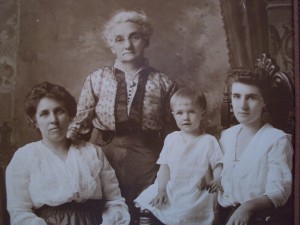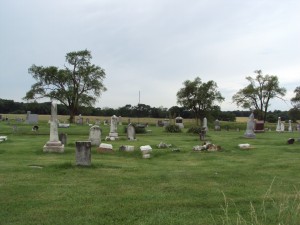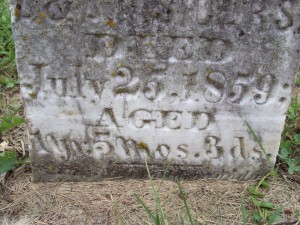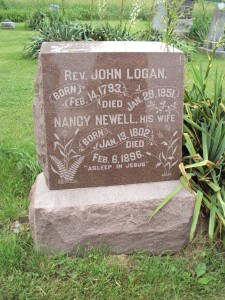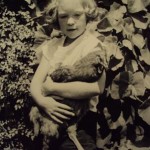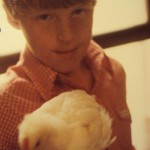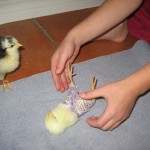Nobody wants to get left behind, not in a race, not when friends leave, not when the rapture occurs. But many in my generation are finding themselves left behind by technology.
The first personal computers were a challenge with their MS-DOS soft disks called hard, and their hard ones called floppy. Just turning it on was a problem, and it took me a decade to learn what the initials “PC” meant.
Then came mobile phones. Nate had a car phone back when they operated on a you-talk-I-talk system much like walkie-talkies. But that was kindergarten compared to cell phones.
My children, who found each new tech toy a joy to “play with” told me, “Mom, it’s just like speaking a new language. Learn the vocabulary, and you’ll be able to communicate with all this stuff.”
I love words, at least those of real languages, but tech-talk comes from outer space. Even so, I don’t want to be left behind with an unwillingness to learn, so recently I stood in front of a wall of gleaming, new-fangled cell phones at an AT&T store.
“My old phone doesn’t work,” I told the clerk, a darling sales-child who looked like a middle schooler. She frowned as I handed over my battered red slide-phone, the one I labored to love 3 years ago and had no intention of surrendering.
“I like my phone,” I told her, reading her face like a sentence that said, “Poor old lady, can’t keep up.”
“If you could just duplicate this,” I said, “I’ll leave happy.”
“Well,” she began, trying to talk slow enough for me to comprehend, “we don’t have that exact phone anymore, but let’s look at your account, shall we?”
Ushering me to the counter, she leaned into her computer for a minute, then broke into a broad grin. “I have some fantastic news! You’re eligible for a $400 phone completely free of charge!”
One mentally-taxing hour later, she’d demonstrated three different “smart phones” to a dumb listener, finishing with a flourish: “A smart phone can be your GPS, your ipod, your calendar, your calculator, your…” at which point she lost me. My mind was occupied with a picture of a waste basket overflowing with my red phone, my new GPS, my perfectly good ipod, my calendar, my calculator, my…
“Do you offer tutoring?” I said, looking for an excuse to turn her down.
“Come in anytime, and we’ll help you.” She paused and studied my crinkled expression then said, “How would you like my cell number? You can call me personally, although not after 10:00 pm.”
That did it.
While she readied the paper work, I thought of how simple and timeless it is to communicate with the God of the Universe. No buttons, screens or prompts. No learning curve. Just a prayer breathed or a thought directed toward him. It’s always been that way and will never require repair. Talking with God is free of charge and upgrading doesn’t apply. Best of all, he will see to it we never get left behind.
So I signed for a smart phone that’s smarter than I am, probably not a smart thing to do.
“Morning, noon, and night I cry out in my distress, and the Lord hears my voice.” (Psalm 55:17)



